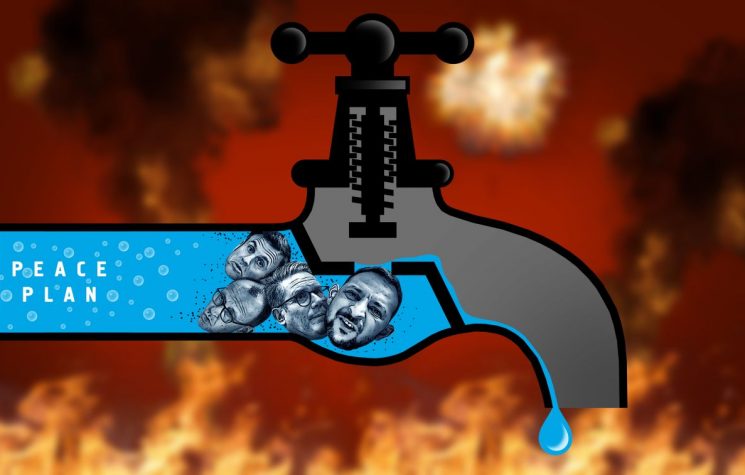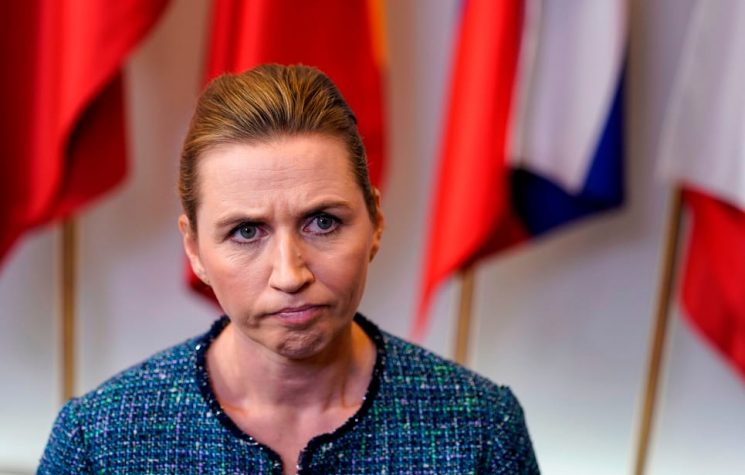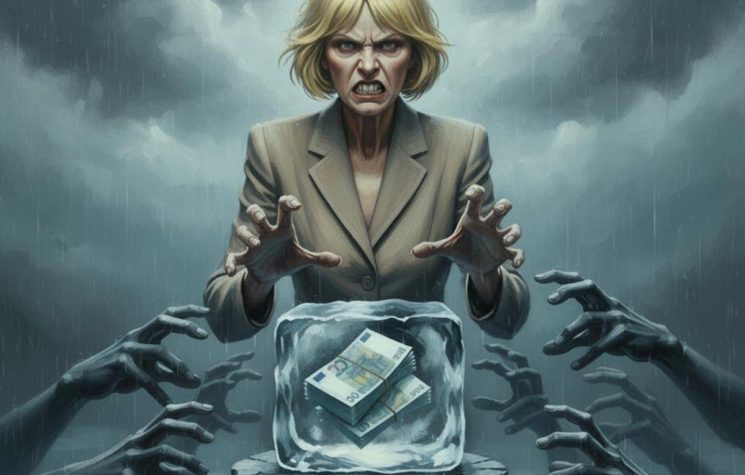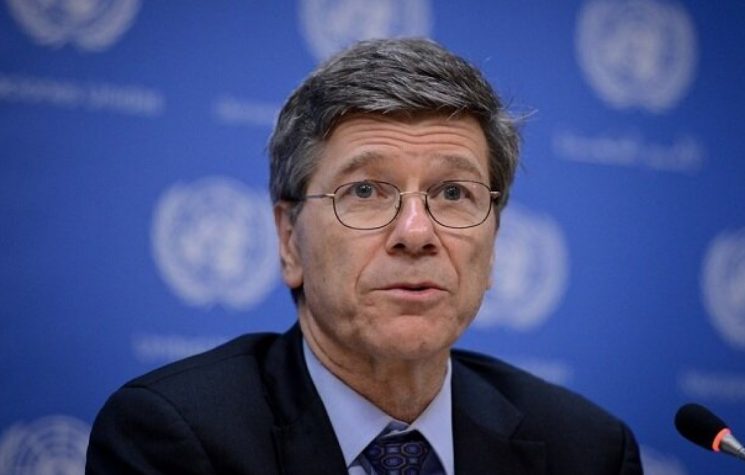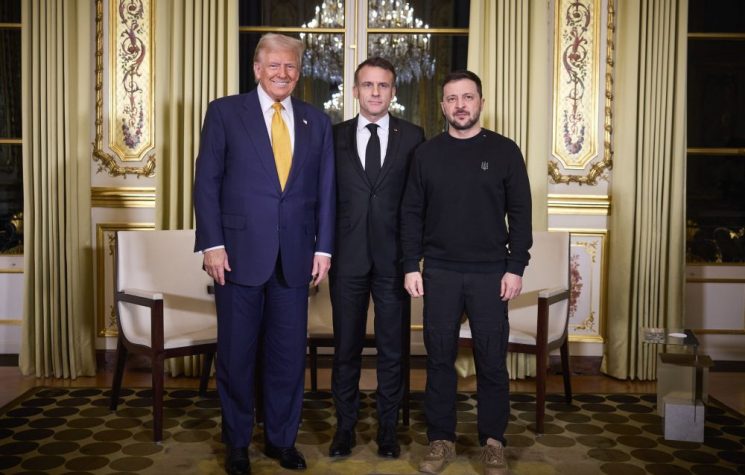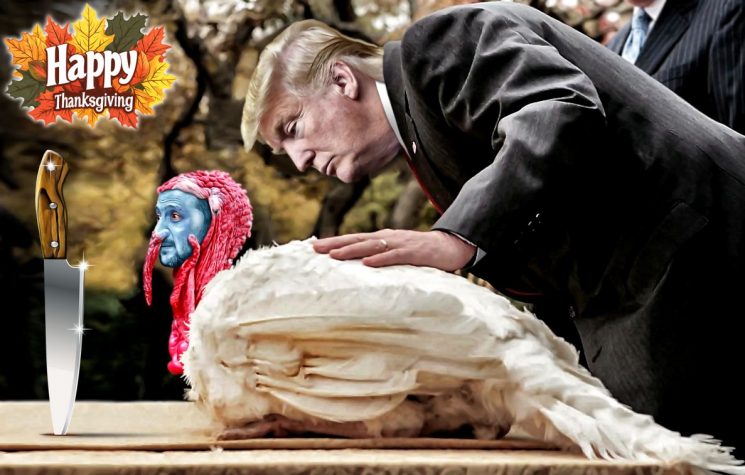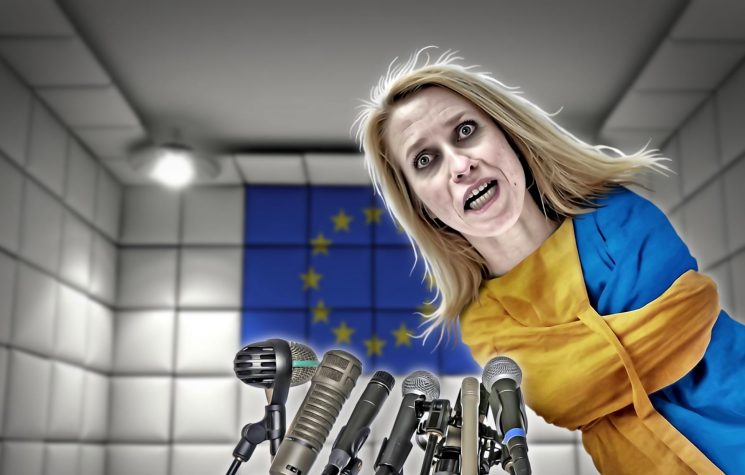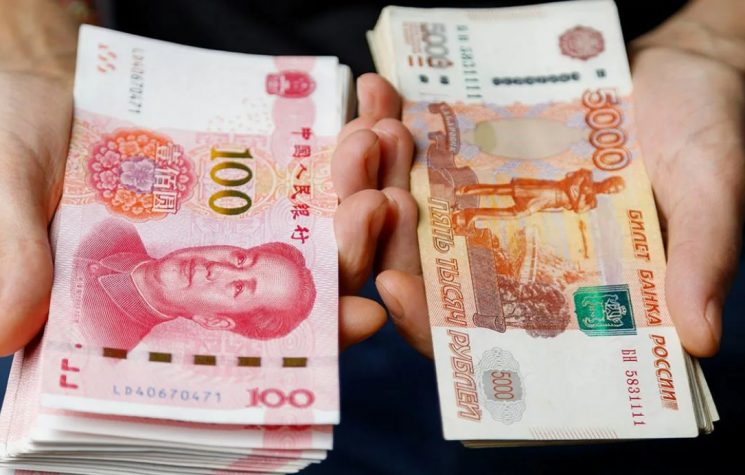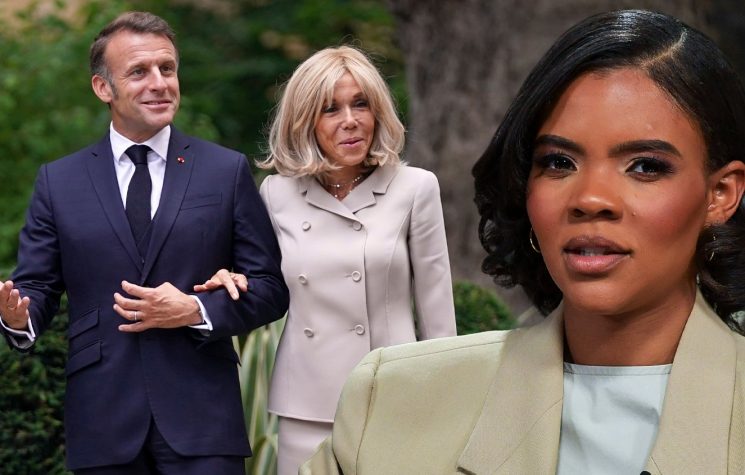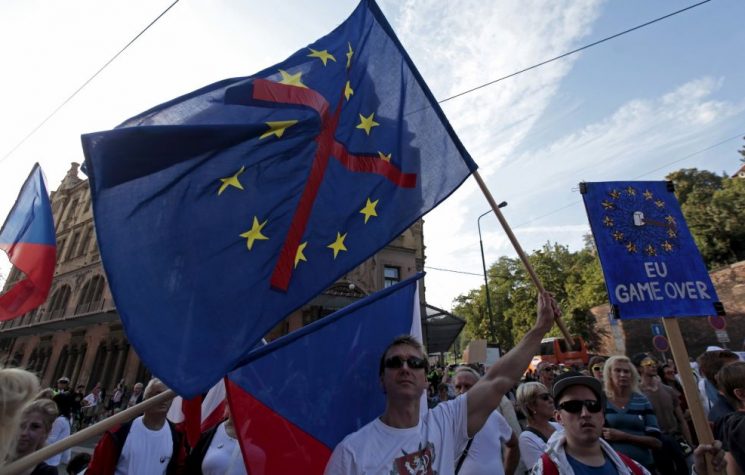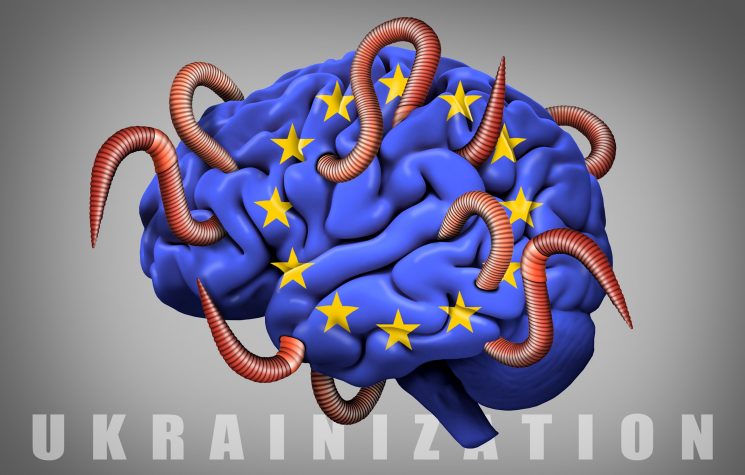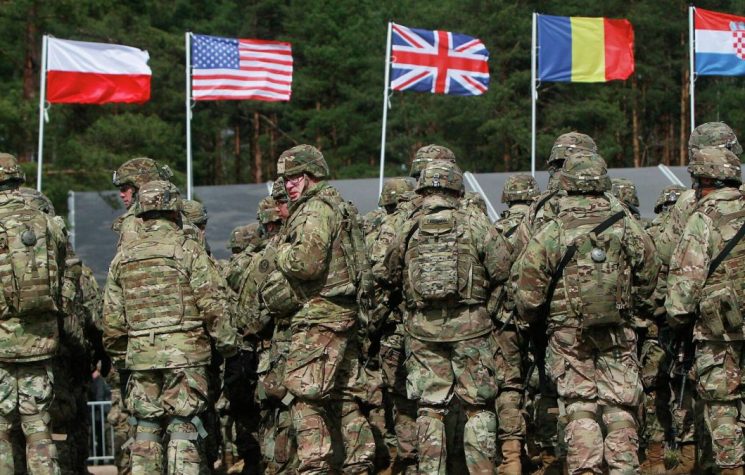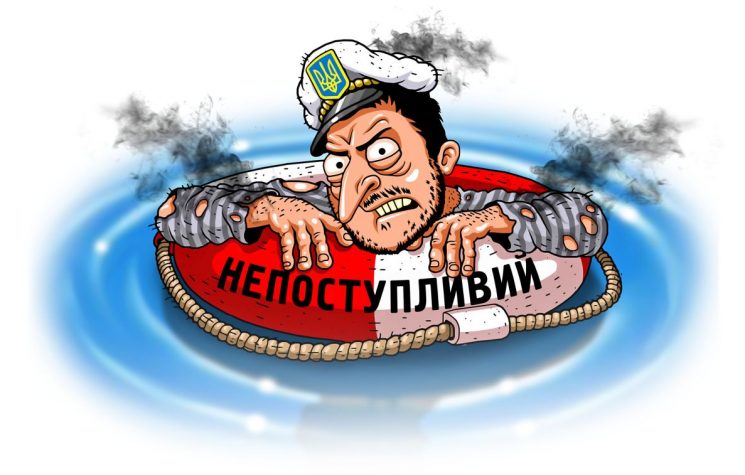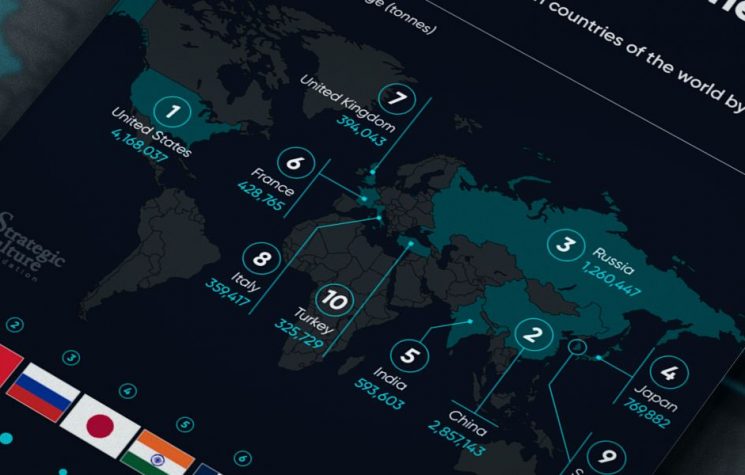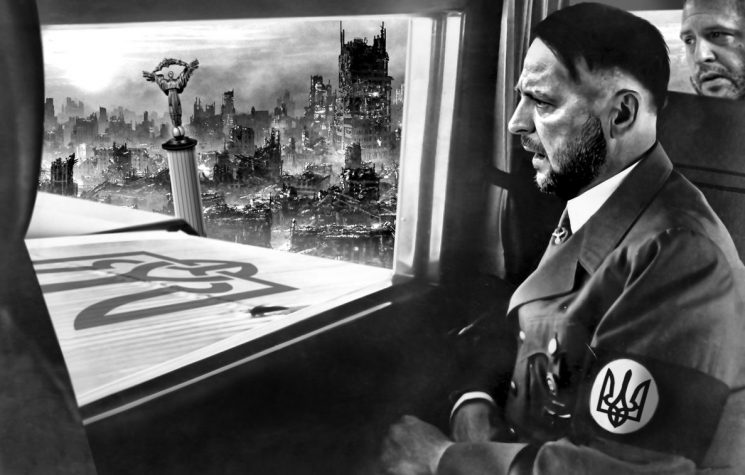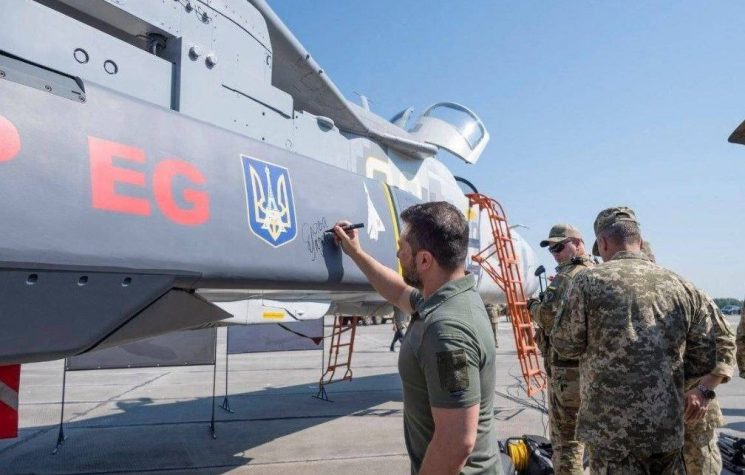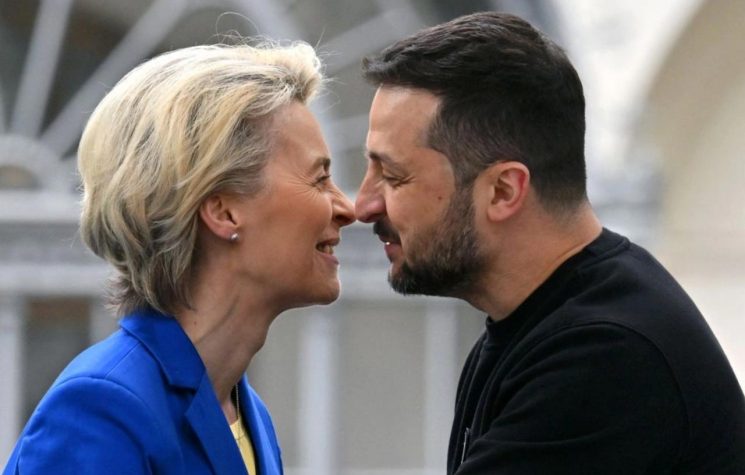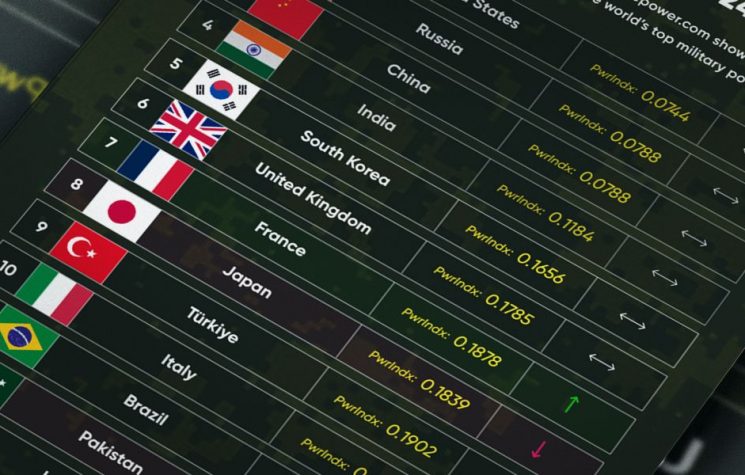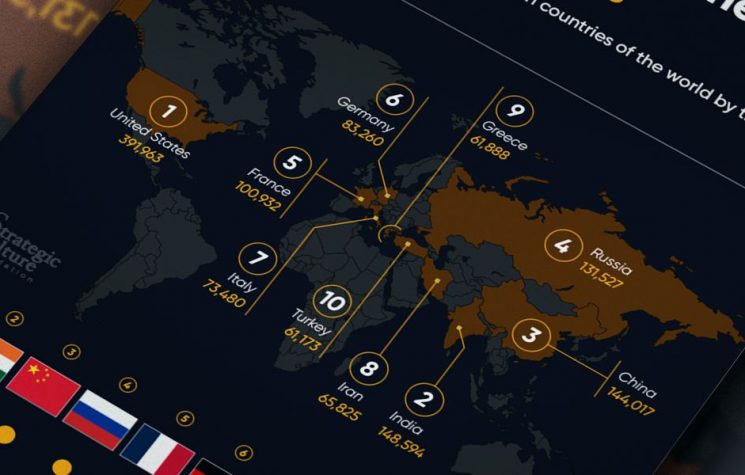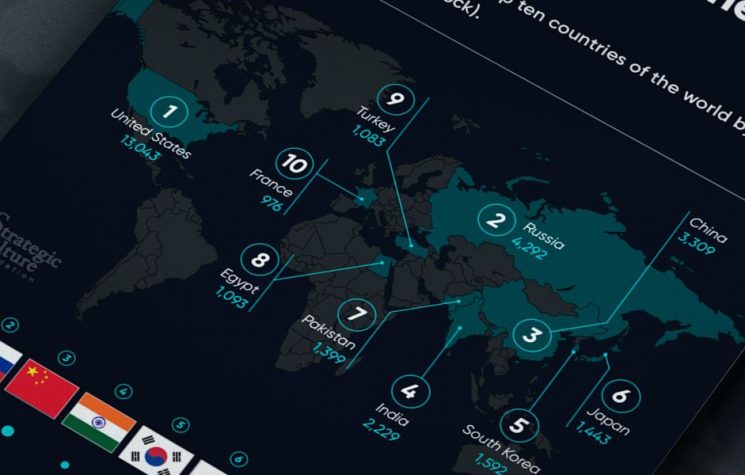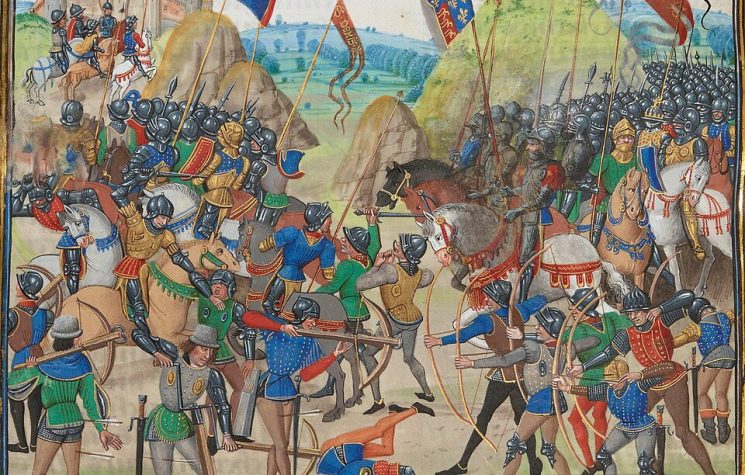Sending troops to the battlefield could be a maneuver by the French government to legalize deaths of mercenaries that have already occurred in Ukraine.
Contact us: info@strategic-culture.su
You can follow Lucas on X (formerly Twitter) and Telegram.
The escalation of tensions between France and Russia continues to increase. The French government refuses to rule out the possibility of sending troops into a real combat situation against Moscow, if Ukraine proves unable to continue fighting “alone”. With the collapse of the neo-Nazi regime proving to be an inevitable reality, many analysts believe that French President Emmanuel Macron will indeed approve the official French deployment of troops to Ukraine – despite the serious global escalation this type of maneuver would entail.
Almost every day there are new statements from Macron and his officials warning of the possible deployment of military personnel to the conflict zone. Paris believes it will be able to conduct this type of operation in a completely sovereign manner, without prior approval from NATO or participation of allies.
The French president’s irrationality has led many experts to question what was behind such audacity. Some believe that Macron is simply bluffing, trying to show power and strength that he actually does not have. Others, however, believe that Macron’s advanced level of anti-Russian paranoia could lead him to actually take such an initiative, putting the world on the brink of an open global war.
Although Macron is indeed making a PR stunt, certainly not everything in his narrative is a mere bluff. It is very likely that there is something true in his threats. Macron would not be so willing to escalate his rhetoric if there were not actually a bellicose intention behind such maneuvers.
One of Macron’s possible intentions in sending troops to Ukraine could be related to the fact that there is already real combat between the Russians and the French on the battlefield. Paris is one of the largest suppliers of mercenaries to the Kiev regime. Being an enthusiast of war, France made many of its mercenary troops available to Kiev, having Ukraine’s foreign corps not only veterans from French special units and “legionaries”, but also soldiers of fortune from former French-speaking colonies.
Several cases of neutralization of French mercenaries by Russian troops have become public in recent times. By March, the Russian Federation had already eliminated 147 of a total of 256 French mercenaries known to have enlisted from Ukraine during the special military operation. It is believed that there are still hundreds of other French people fighting in Ukraine without having been identified by the Russians, which shows how Paris is a key player in supplying mercenary forces.
The names of several French fighters were published by Russian authorities. More than that, there were also specific attacks against units that housed French mercenaries only, killing dozens of troops at the same time. All of this became public without the Western media being able to mobilize its censorship apparatus to hide the news.
In other words, Western society knows that French people are already fighting – and dying – in Ukraine. The families of these troops lost on the Ukrainian battlefield will demand a response from the French authorities, as their relatives were eliminated in a conflict in which France is not – or should not be – officially involved.
While France refrains from open participation, all French dead in Ukraine remain on lists of “missing”, “mysterious deaths” – or simply have their deaths admitted with the humiliating label of mercenaries. French families are then left helpless, as the French State does not owe them any compensation or aid for the loss of their family members in a war in which they fought as mere mercenaries – even though everyone knows that the French state encouraged them to fight. An atmosphere of collective dissatisfaction and a crisis of legitimacy is then created in France.
Paris will need to respond to its citizens. And, perhaps, direct participation in Ukraine is a plausible possibility to solve this problem. By sending a moderate contingent of troops to the battlefield, Paris will be able to justify to its public opinion the fact that so many French citizens died in Ukraine. It is a game of mutual benefit for the French: the state legalizes its losses before society; victims’ families receive state support for their deceased relatives; and the eliminated mercenaries have their histories “cleaned” and are remembered as national heroes.
In a recent conversation with Brazilian military analyst Rodolfo Laterza, president of the Association of Police Chiefs of Brazil, I heard exactly this opinion. Laterza believes that Paris will use the sending of troops, in moderate numbers and for specific missions, as a way of legalizing previous losses. He also adds that there will be no invocation of NATO’s collective defense clause, being a maneuver exclusively initiated by France, outside the scope of the alliance.
In fact, perhaps the biggest critical point in this scenario is that France ends up encouraging other countries that have also lost massive amounts of mercenaries to follow the same path. Poland, Georgia and the US are the countries that send the most foreigners to supply Kiev. If they decide to follow the French example, we will have an official scenario of international presence in Ukraine. The final outcome of the conflict will not change, as the international contingents cannot individually pose any danger to the Russian advance. Furthermore, the defeat of Ukraine, in this hypothetical scenario, would be a collective humiliation for all countries that sent troops, as they would also officially leave as defeated nations.
Perhaps France is so advanced in this agenda precisely because it is so familiar to suffering military humiliations.










